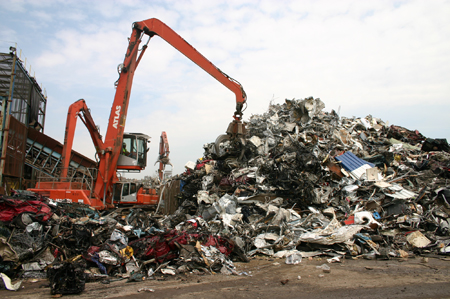
The CMA handed down its final report on Tuesday (August 14), which had considered responses from its provisional ruling in June 2018, which had said the merger with Metal and Waste Recycling (MWR) last year is “not in the best interests” of customers and suppliers in the scrap metal sector (see letsrecycle.com story).
The CMA has now ordered European Metal Recycling to sell five sites; three in the West Midlands, one in the North East and one in the South East.
Commenting on the final ruling, a spokesperson for EMR said: “The CMA has made its decision and we will be looking to comply with their remedial actions in the required time. In the meantime both EMR and MWR continue to trade and support their customers normally as independent entities.”
EMR operates 65 metal recycling sites across the UK processing more than 800,000 tonnes a year of ferrous and non-ferrous metal. It is described by the CMA as the largest recycler of scrap metal in the UK, while MWR is the fourth largest.
Scrap metal buying
However the authority found that in other areas of the business, including the buying (not via a tendered contract) and selling of general scrap metal, the merger was not found to substantially weaken competition.
Inquiry chair Lesley Ainsworth said: “Having an efficient and competitive metal recycling industry is good for the environment and is important for both suppliers and waste metal customers, including those in the automotive and steel manufacturing industries.”
She added: “Over the course of our inquiry we surveyed, spoke to or received comments from over 850 suppliers and customers. The evidence shows that EMR’s purchase of MWR is likely to harm competition in a number of areas and there is a material risk that prices for some suppliers and customers could worsen.”
Final report

The report explains that on 25 August 2017, EMR and Bain Capital Credit entered into a binding agreement for EMR to acquire MWR through the purchase of the whole of the issued share capital of MWR’s holding company ,CuFe Investments Limited. The value of the transaction was approximately £52.6 million.
It then explained various elements of the metals market, and explained how the merger affected each one.
For example, for the purchase of shredder feed in the South East, the transaction was found to have resulted in a lessening of competition because the merger combines the two largest purchasers of shredder feed in the region.
Elsewhere, purchases under tendered contracts were found to result, or expected to result, in a lessening of competition, particularly in the North East and West Midlands.
In London however, the merger was not thought to lessen competition as there were still other operators around.
Responses
The report explained that it had “taken into account” submissions from parties in the industry, as well as some other third party specific to the various areas and regions in the market.
The report states that the CMA received evidence from 65 suppliers of waste scrap metal, 38 metal recyclers, and 25 customers of processed scrap metal.
“We understand that some of these responses were prompted by EMR getting in touch with suppliers to encourage responses,” the report said.
Where relevant, the CMA says its assessment has been informed by data on the Parties’ and competitors’ purchase and sales volumes, and bidding activity. This data has been collated from a range of sources “and as such is not comprehensive”, the report confirmed.
“We have decided that partial divestiture of MWR in one or two packages is an effective and proportionate remedy to address the SLC we have found, and that the divestiture package should include the following.”
EMR reaction
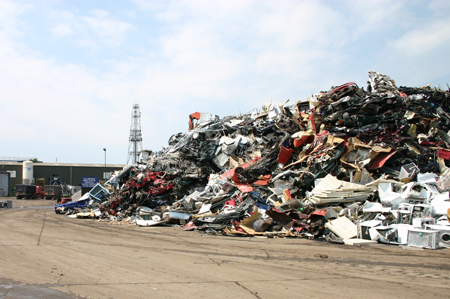
As part of the report, EMR gave its feedback to the CMA on the potential of divestment in certain areas of the country.
“EMR told us that the divestment of all MWR sites in the West Midlands and North East will be disproportionate, as MWR’s purchases under tendered contracts account for only a small proportion of MWR’s total purchases,” the report read.
It added: “MWR told us that its tendered business is a small part of MWR and a remedy that requires EMR to sell all sites in the North East and the West Midland will be disproportionate.”
However, the CMA responded by saying that partial divestiture “would be less intrusive”, and hence a “more proportionate remedy” than full divestiture, as full divestiture would necessarily require the sale of MWR’s London operations, which were not found to be damaging competition.
EMR also made the point that some feedback to the CMA over its market position could be coming from competitors and it “respectfully” told the authority that their views should be treated with caution “given that many metal recyclers are both competitors and suppliers to the Parties and their views may be insufficiently objective”.




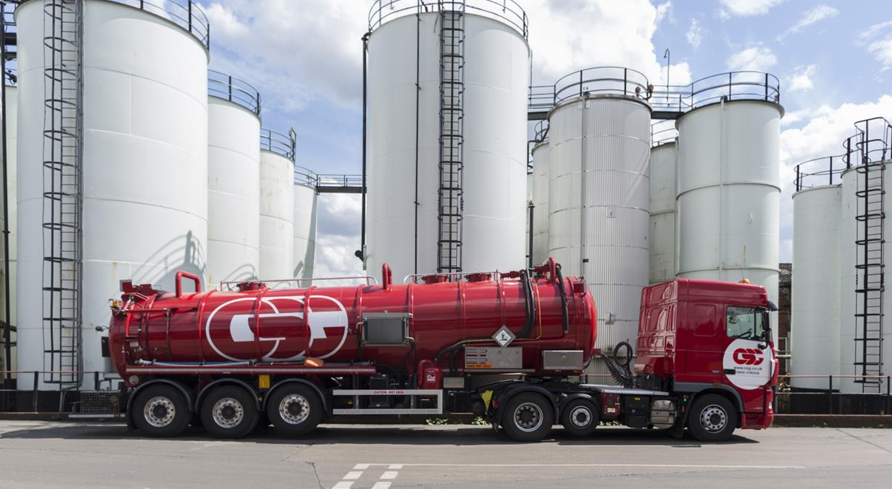
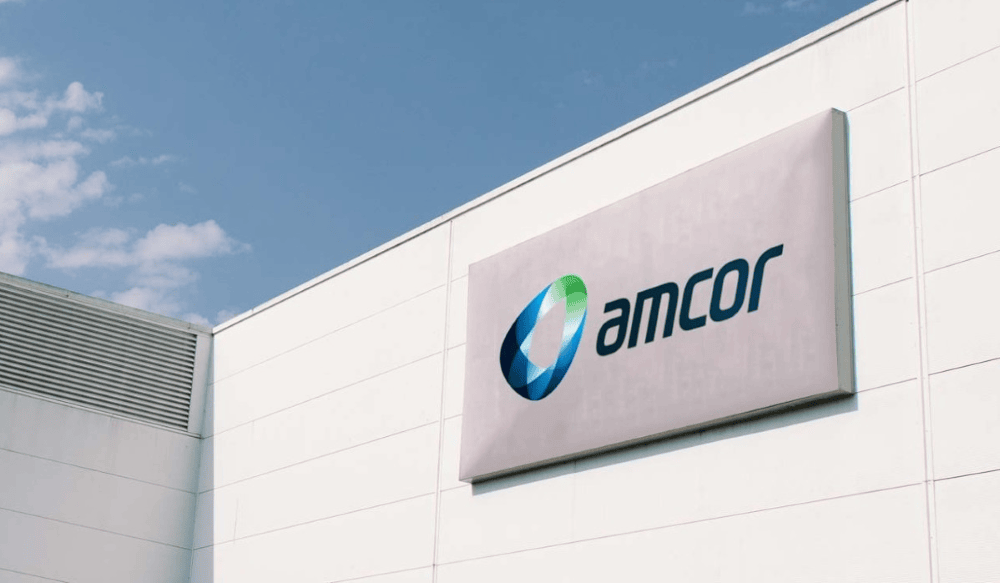
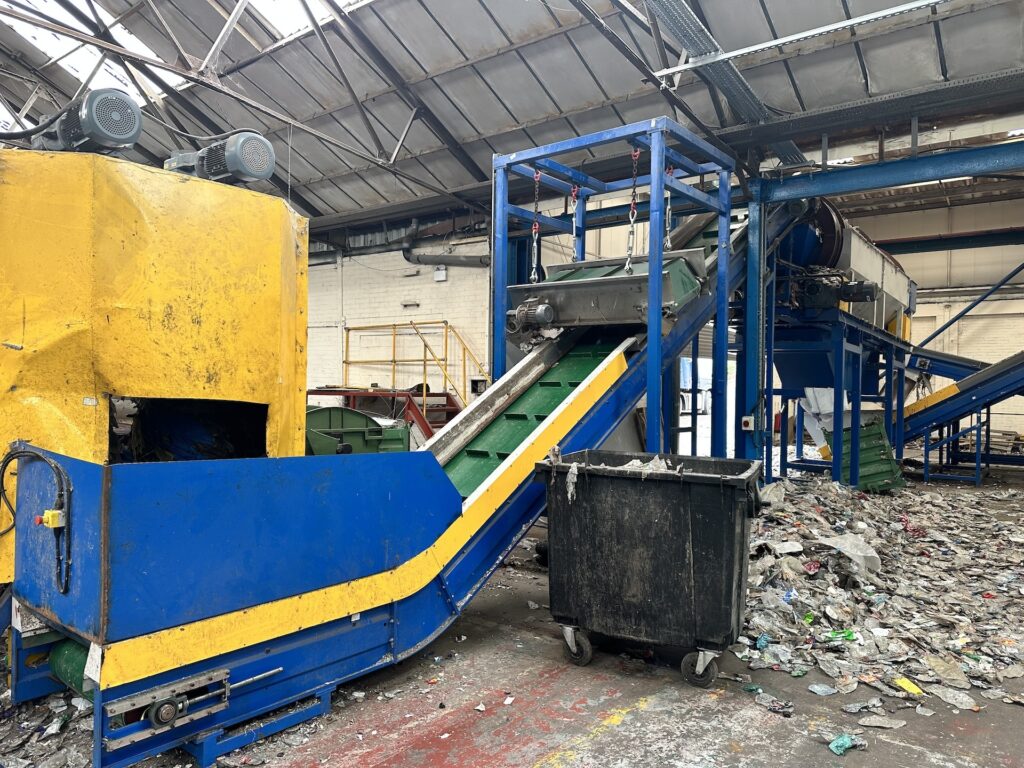

Subscribe for free